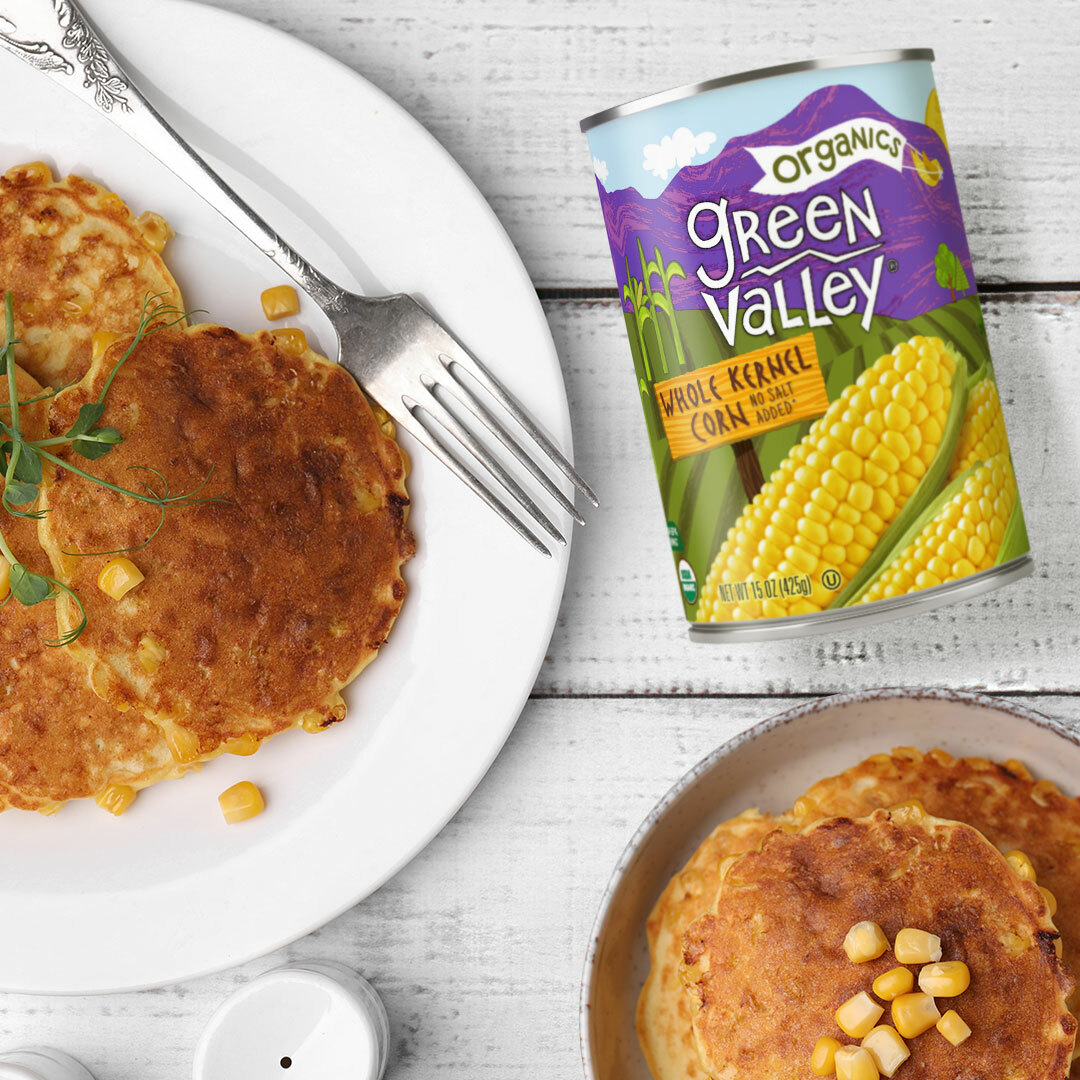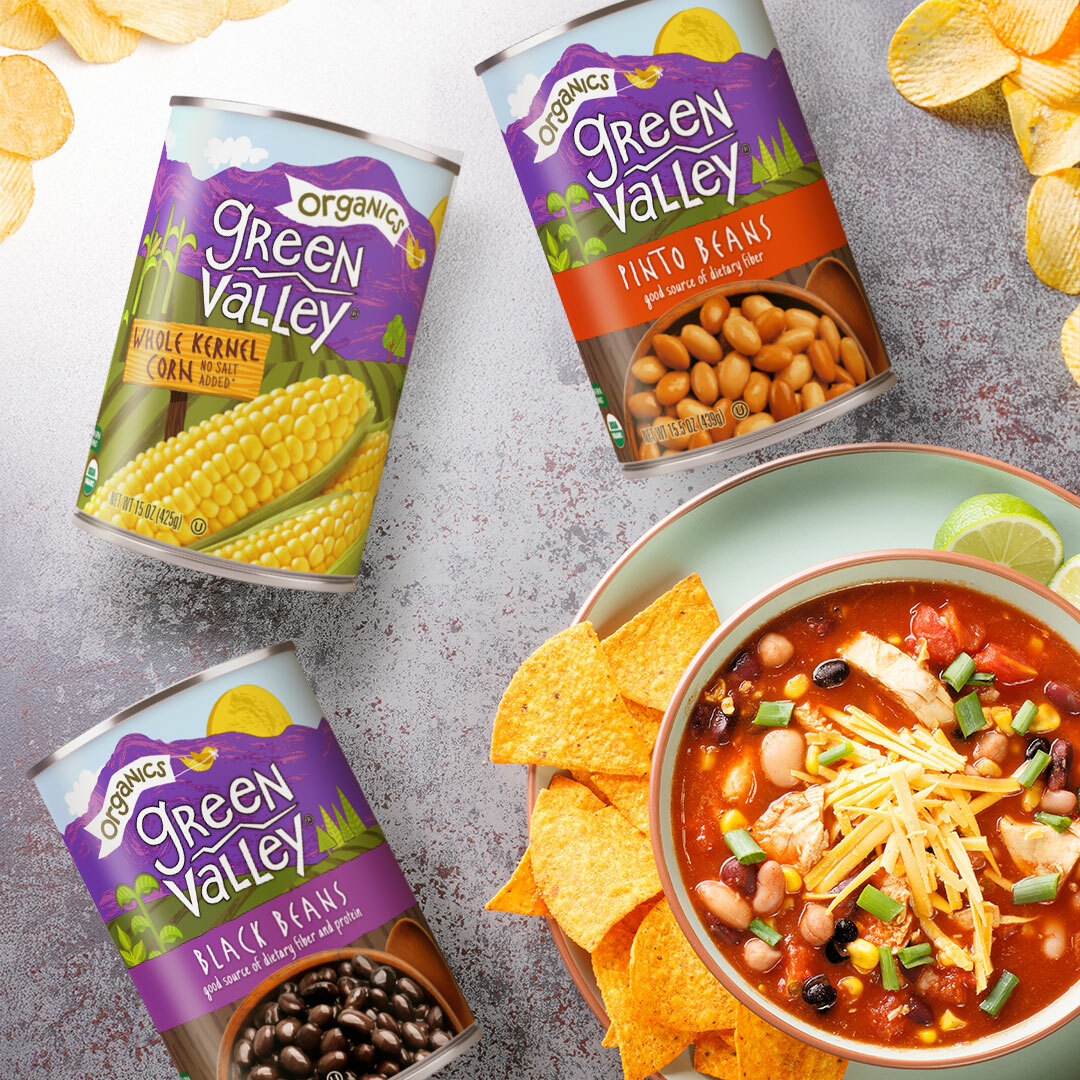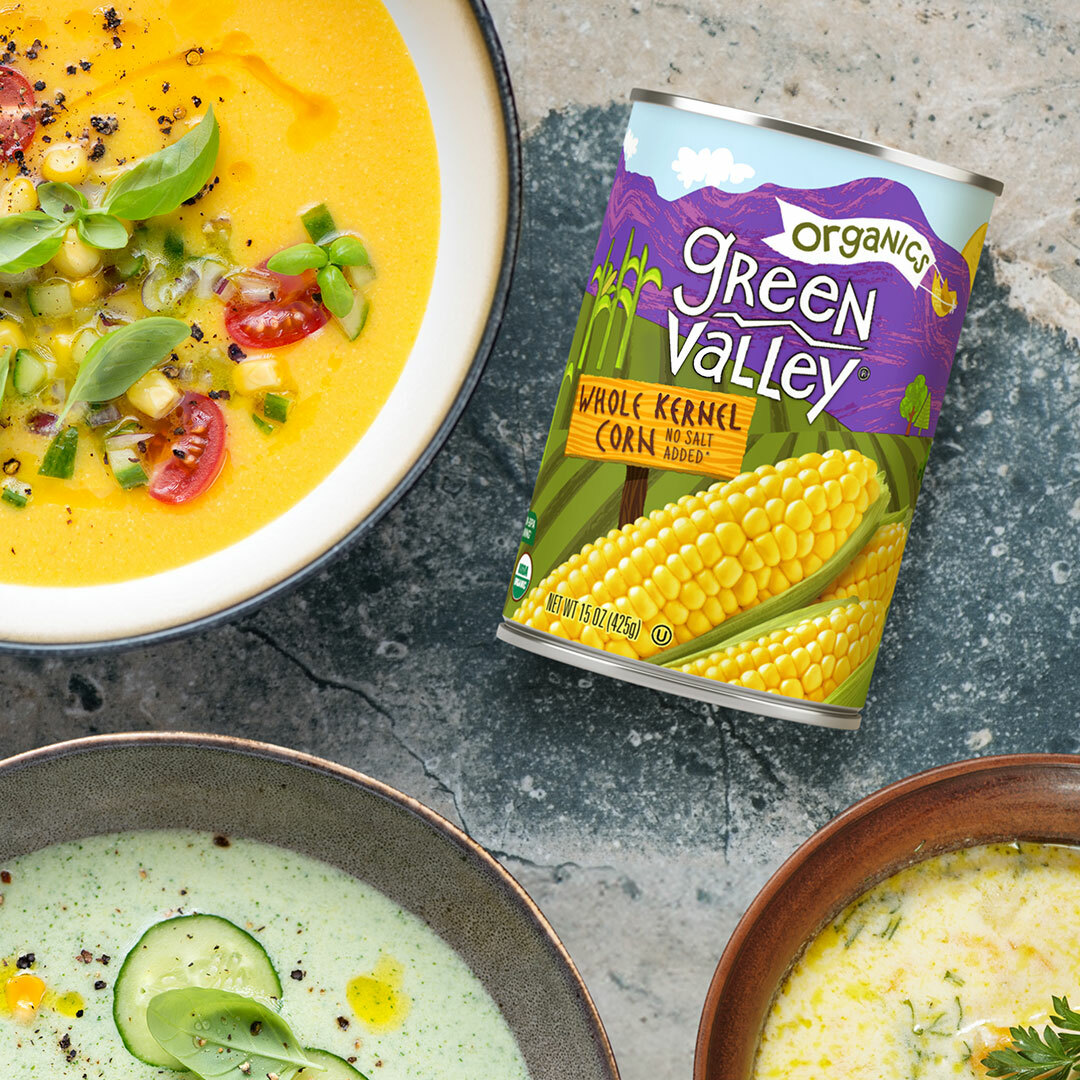So many of the foods we eat and products we use on a daily basis can be loaded with chemicals, preservatives or pesticides that can be harmful to our health and the world around us. That’s why choosing to go organic can not only benefit you, but the environment as well.
Whether your goal is to live 100% organically, or to just make a few adjustments in your daily routine, here are five tips that can help you start making a difference.
Tip #1 – Pay attention to labels!
With the explosion of the organic movement, many food producers have attempted to jump on the bandwagon while not truly providing organic options. That is why it’s more important than ever to read food labels! When shopping organic, look for certifiers’ logos. If there isn’t any evidence of certification, watch out for misleading labels such as ‘natural’ and ‘organically produced’. A USDA Organic seal tells you that your food was grown, raised, or prepared according to a specific set of standards and practices. Anything else may just be marketing.
Just in case you need a refresher on how organic labeling works:
• Products displaying the USDA Organic seal must consist of at least 95 percent organically produced ingredients.
• Processed products that contain at least 70 percent organic ingredients can use the phrase “made with organic ingredients” and list up to three of the organic ingredients or food groups on the front of the package. However, the USDA Organic seal cannot be used anywhere on the package.
• Processed products containing less than 70 percent organic ingredients cannot use the term “organic” other than to identify the specific ingredients that are organically produced in the ingredients statement.
Tip #2 – Buy in-season
One of the main concerns with going organic is the added cost. However, if you pay attention to what’s in season, you can take advantage of greater supplies and lower costs. Stock up by buying organic produce in bulk during the right season and then freeze the food to enjoy throughout the year. Follow this list from the USDA and you’ll know exactly which fruits and vegetables are in season.
Can’t buy fresh, in-season produce? Green Valley’s farmers deliver only the best of what nature offers and at the peak of each crop’s seasonality. Our products are available year-round because we believe that you deserve nothing but the best-tasting, certified organic produce.
Tip #3 – Make your own cleaning products
Common household cleaning products can include harsh chemicals that you and your family could end up inhaling or ingesting. Skip the chemical compounds and make your own out of harmless ingredients you can find around the house. For a simple, all-purpose cleaner, combine water, vinegar, organic dish soap, and baking soda in a spray bottle. The mixture is 100% organic, will work just as well as your old cleaner, and best of all, will save you big bucks at the supermarket each week!
Tip #4 Check Beauty Ingredients
Similar to food and household cleaning items, most skincare and make-up products contain harmful ingredients. Yes, you read that right…MOST. Do your research on the most commonly used offenders (i.e. Soloxanes, Sodium Laureth Sulfate, Parabens, Cool tar dyes) and you’ll quickly start to view your makeup bag in a whole new light.
The fix? Try organic beauty brands such as Nourish Organic or Nevy. Or, make your own like this DIY lipstick.
Tip #5 Clip Coupons
Making products on your own is great, but we all know sometimes there just isn’t enough time. For when you have to head to the store, take 20 minutes before you leave and clip some coupons. Large retailers typically have coupons right on their site, and many products have in-store savings displays. Be on the look out and the savings will start to add up as you shop.
Going organic doesn’t have to be hard or cumbersome. Small, everyday changes can be all it takes. What steps have you taken to live a more organic lifestyle? Visit us on our Facebook page and let us know!
 Savor the final days of winter with 5 cozy recipes
Savor the final days of winter with 5 cozy recipes
 Savor the final days of winter with 5 cozy recipes
Savor the final days of winter with 5 cozy recipes
 Dive heart-first into these one-pot recipes
Dive heart-first into these one-pot recipes
 Welcome Veganuary with open arms…and a busy kitchen!
Welcome Veganuary with open arms…and a busy kitchen!